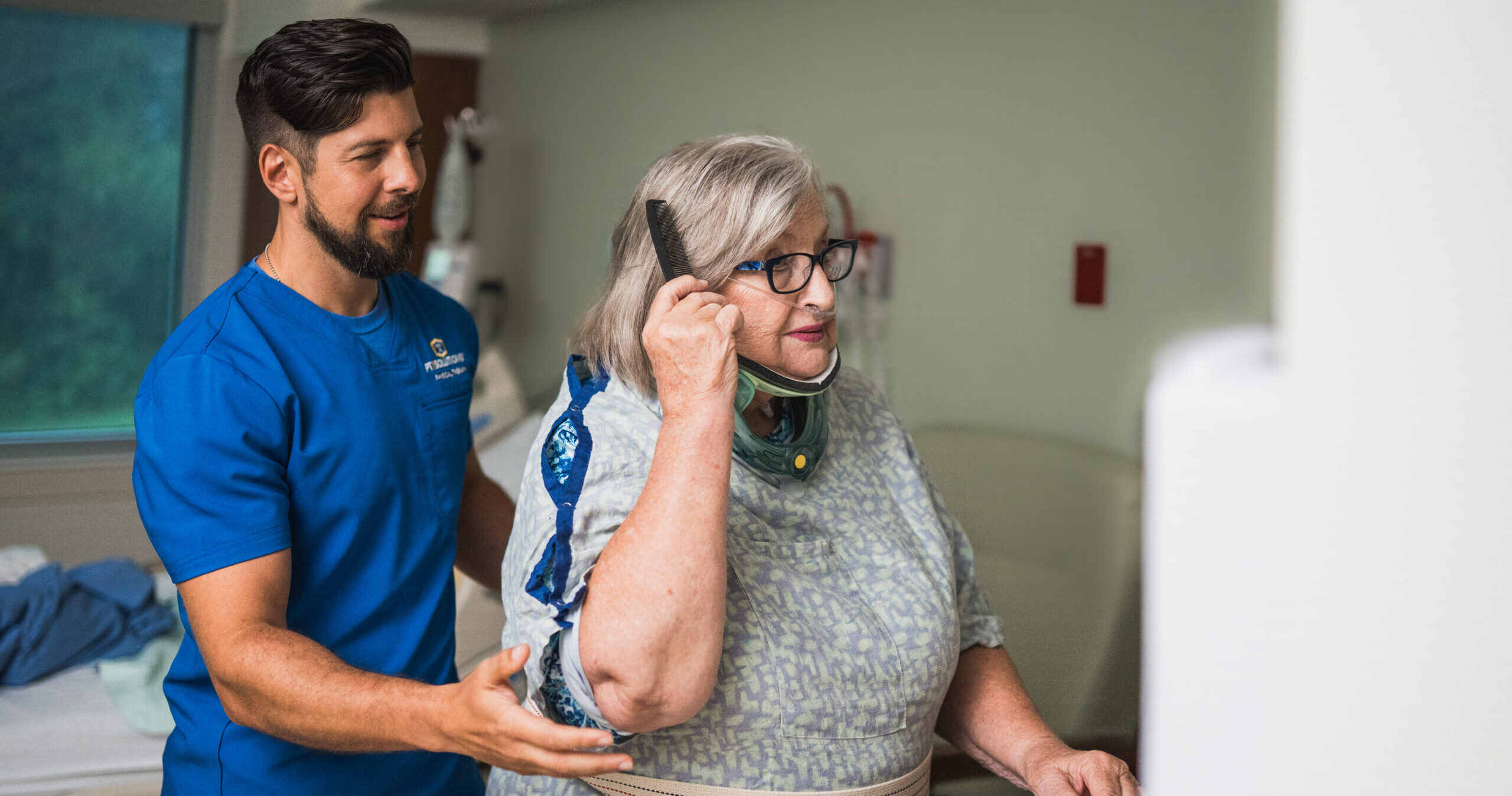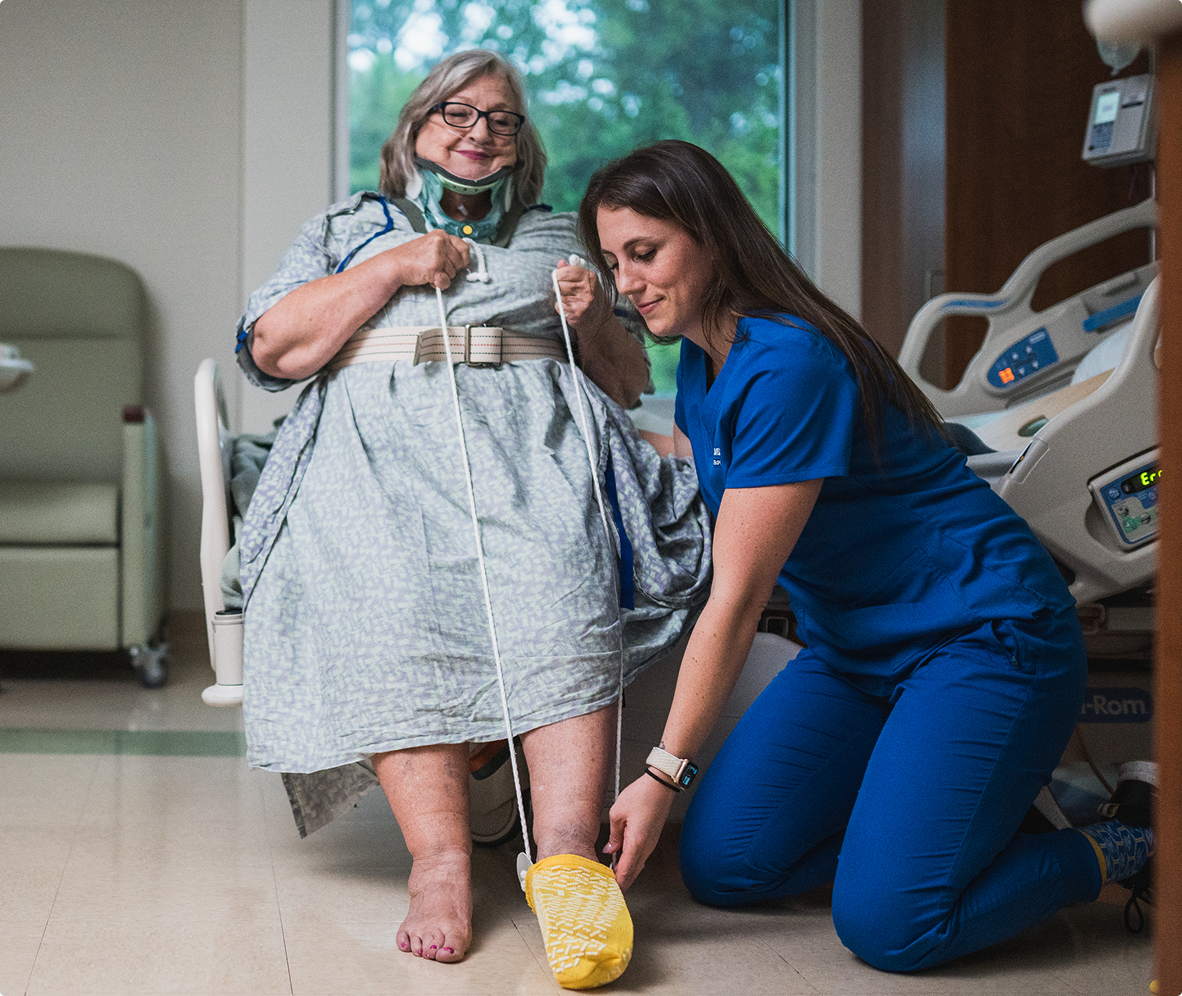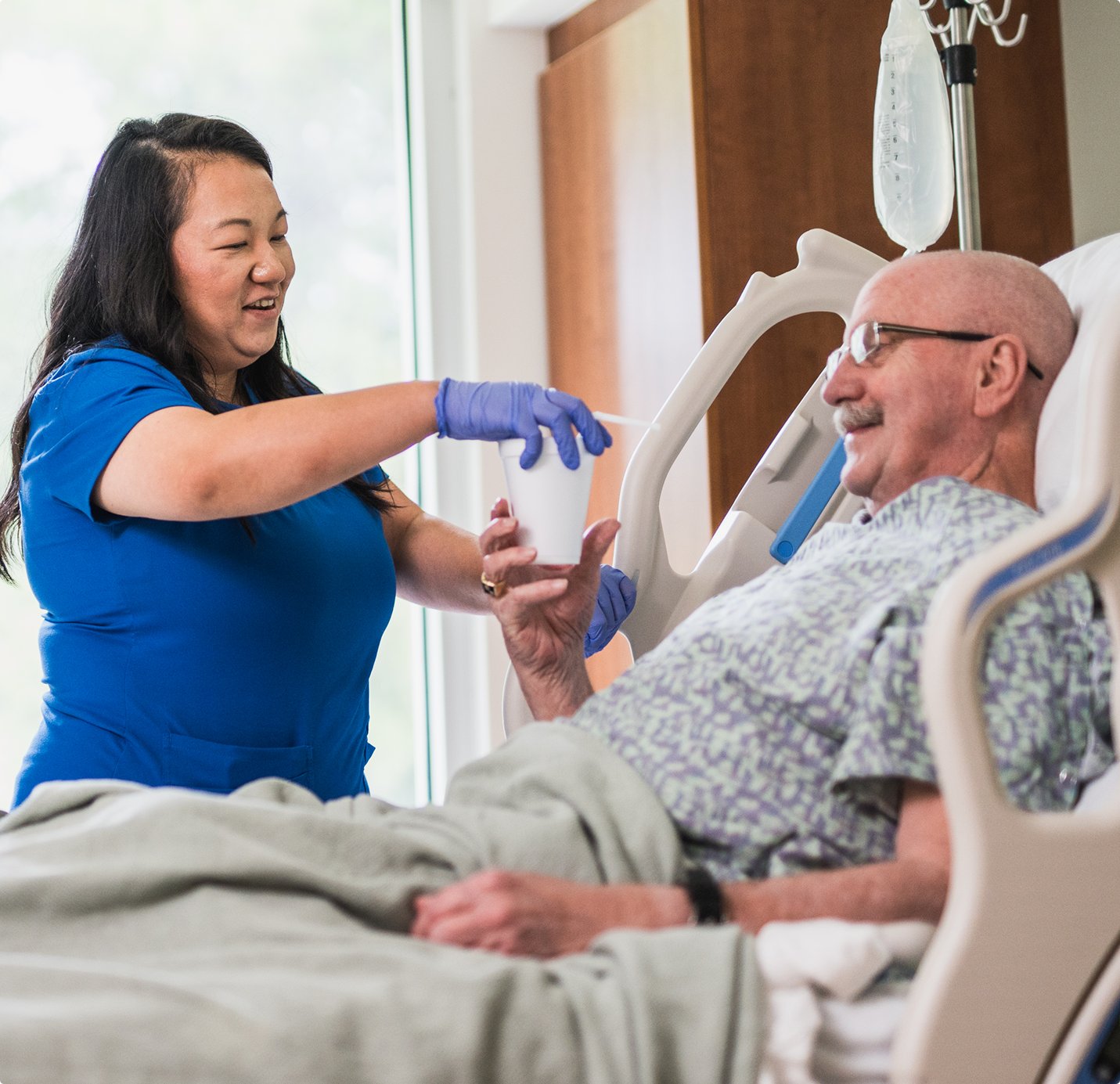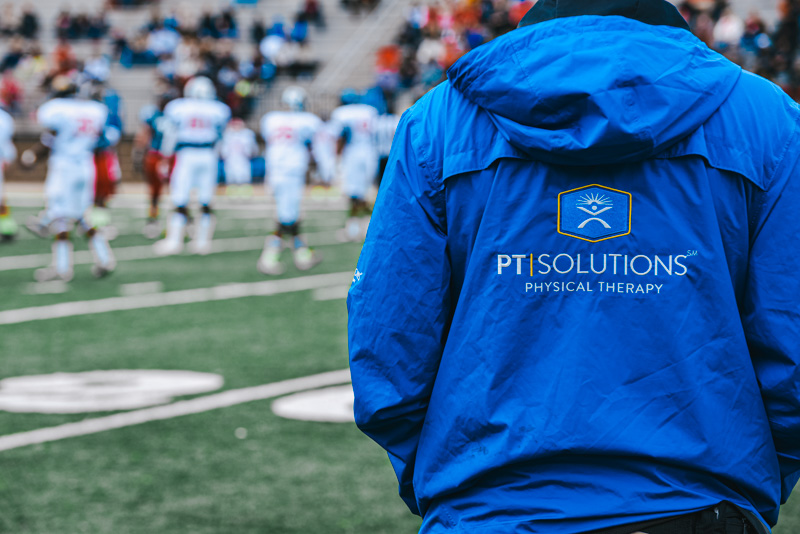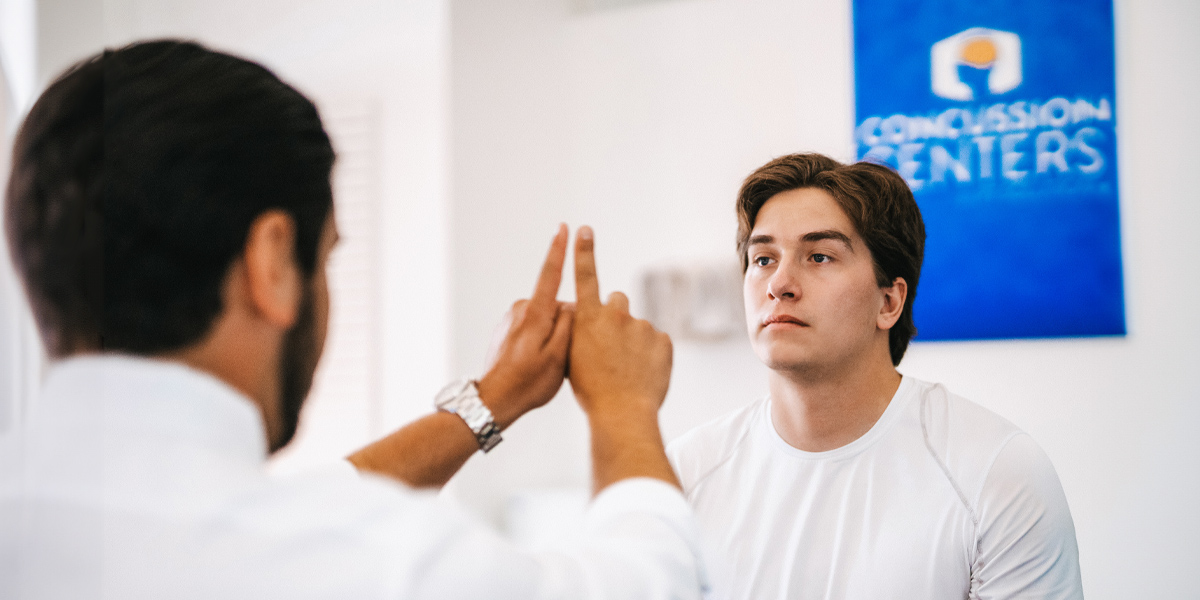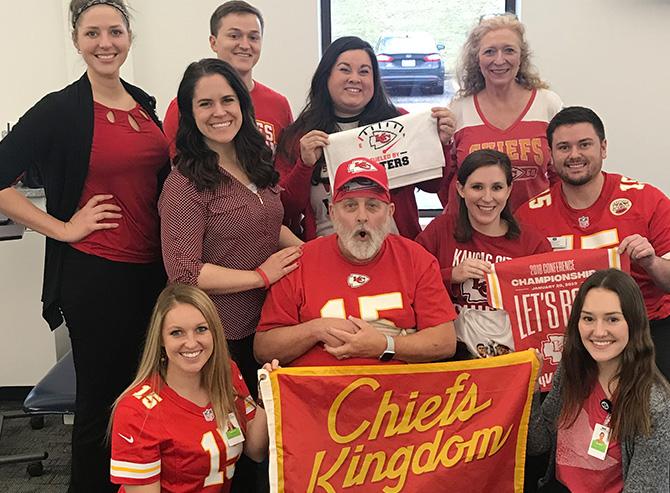
Understanding Neuro PT
What is Neurological Rehabilitation?
Neurological rehabilitation is a specialized form of physical therapy designed for individuals with nervous system disorders. These conditions can affect movement, balance, coordination, and even daily activities. While some neurological conditions require lifelong management, therapy can help improve function, reduce symptoms, and enhance overall quality of life.
At PT Solutions, our neurological rehabilitation specialists create customized treatment plans using evidence-based physical therapies to help children and adults regain strength, mobility, and independence.
Why Choose PT Solutions for Neuro Physical Therapy?
At PT Solutions, we take a patient-centered approach to neuro rehab, focusing on your unique challenges and goals. Here’s what makes our program stand out:
- A compassionate and supportive environment tailored to your recovery journey.
- Individualized neurological physical therapy treatment based on your condition, abilities, and lifestyle.
- A dedicated physical therapist guiding you from initial assessment to long-term recovery.
This service is available at select locations. Please contact your preferred clinic for more information.
